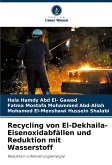
Broschiertes Buch
Reduktion ¿ Aktivierungsenergie
10. Januar 2025
Verlag Unser Wissen
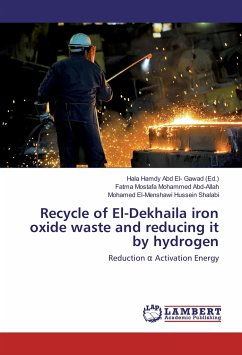
20,99 €
Versandfertig in 6-10 Tagen
Broschiertes Buch
Reduction ¿ Activation Energy
6. April 2016
LAP Lambert Academic Publishing
20,99 €
Versandfertig in 1-2 Wochen
Broschiertes Buch
Reducción ¿ Energía de activación
10. Januar 2025
Ediciones Nuestro Conocimiento
21,99 €
Versandfertig in 6-10 Tagen
Broschiertes Buch
Redukcja ¿ Energia aktywacji
10. Januar 2025
Wydawnictwo Nasza Wiedza
21,99 €
Versandfertig in 6-10 Tagen
Broschiertes Buch
Redução ¿ Energia de ativação
10. Januar 2025
Edições Nosso Conhecimento
21,99 €
Versandfertig in 6-10 Tagen
Broschiertes Buch
Réduction ¿ Énergie d'activation
10. Januar 2025
Editions Notre Savoir
21,99 €
Versandfertig in 6-10 Tagen
Broschiertes Buch
Riduzione ¿ Energia di attivazione
10. Januar 2025
Edizioni Sapienza
Ähnliche Artikel
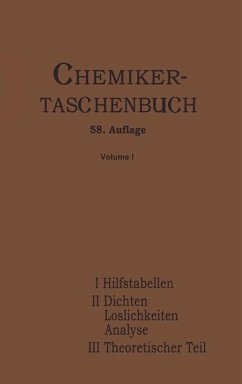
Broschiertes Buch
Ein Hilfsbuch für Chemiker, Physiker, Mineralogen, Hüttenmänner, Industrielle, Mediziner und Pharmazeuten Erster Teil Zweiter Teil Dritter Teil
58. Aufl.
1. Januar 1937
Springer / Springer Berlin Heidelberg / Springer, Berlin
978-3-642-89238-7
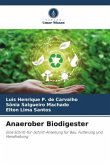
Broschiertes Buch
Eine Schritt-für-Schritt-Anleitung für Bau, Fütterung und Handhabung
22. Dezember 2022
Verlag Unser Wissen
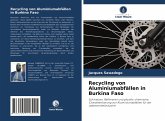
Broschiertes Buch
Schmelzen, Raffinieren und physiko-chemische Charakterisierung von Aluminiumabfällen für die Lebensmittelindustrie
1. Oktober 2021
Verlag Unser Wissen
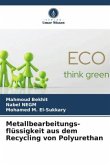
Broschiertes Buch
27. Dezember 2022
Verlag Unser Wissen
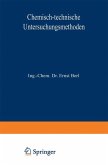
Broschiertes Buch
Erster Band
7. Aufl.
1. Januar 1921
Springer / Springer Berlin Heidelberg / Springer, Berlin
978-3-642-88986-8
Ähnlichkeitssuche: Fact®Finder von OMIKRON
